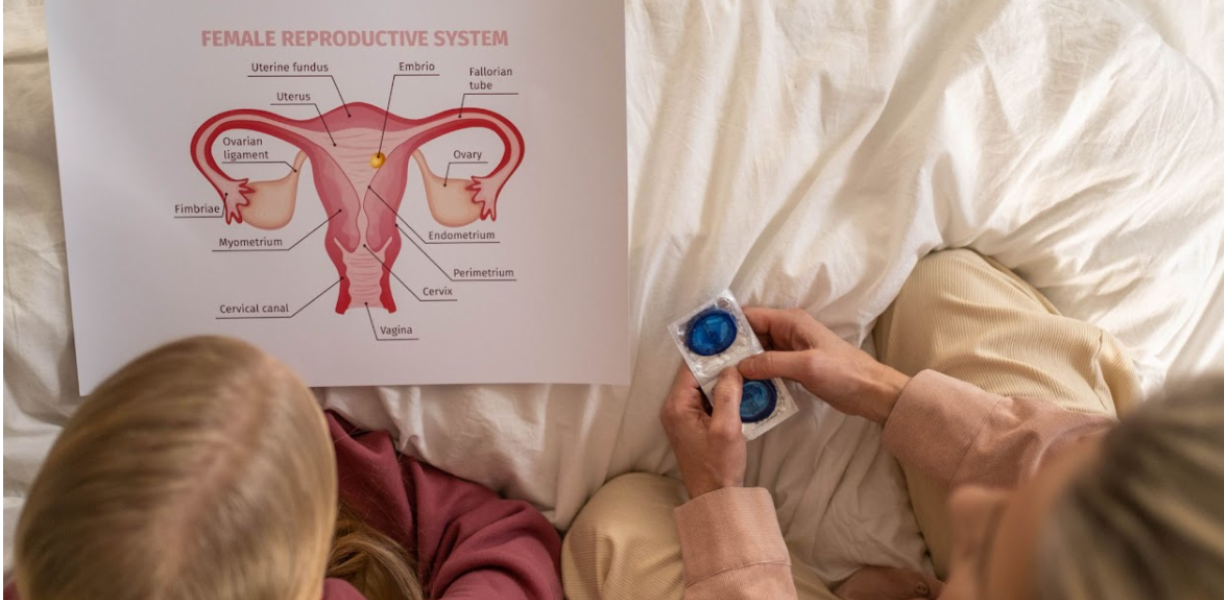Subtotal $0.00
Duchenne Muscular Dystrophy: Understanding the Genetic Basis
DMD is a debilitating genetic condition caused by mutations in the dystrophin gene, vital for maintaining muscle fiber integrity. The absence or deficiency of dystrophin leads to muscle weakness, with patients typically requiring wheelchair assistance in adolescence and facing serious health complications later in life.
Mesenchymal Stem Cells: A Multifaceted Approach to Treatment
MSC therapy’s potential in DMD treatment is grounded in its ability to differentiate into various cell types, including muscle cells. This therapy is still in the experimental stages, and while it offers promise, there are significant challenges and risks involved:
- Mechanical Repair and Replacement: MSCs can potentially develop into muscle cells, aiding in the repair and replacement of damaged muscle tissue. However, not all MSCs successfully differentiate into muscle cells, and the efficiency of this process is a current research focus.
- Anti-inflammatory Action: In DMD, chronic muscle inflammation exacerbates damage. MSCs possess anti-inflammatory properties that could slow disease progression, but the long-term effects of such intervention remain unclear.
- Stimulation of Regeneration: MSCs secrete growth factors that promote tissue repair, offering a conducive environment for muscle regeneration. Yet, the extent and duration of these benefits are still under investigation.
Challenges in MSC Therapy for DMD
Several critical challenges must be addressed to realize MSC therapy’s full potential in DMD treatment:
- Efficacy and Differentiation: Enhancing the differentiation of MSCs into muscle cells remains a significant hurdle. Ongoing research is crucial to improve this process for more consistent results.
- Delivery Methods: Effectively delivering MSCs to all affected muscles is complex, and current methods may not ensure widespread distribution and integration.
- Long-term Implications: Understanding the long-term effects and potential risks of MSC therapy, particularly in younger patients with DMD, is essential for ethical and safety considerations.
Recent Advances and Ethical Considerations
Recent studies have shown improvements in muscle function following MSC therapy, with a generally favorable safety profile. However, these results are preliminary, and continuous monitoring and rigorous clinical trials are necessary. Ethically, the use of stem cells, particularly in pediatric populations, warrants careful consideration, ensuring informed consent and transparency throughout the treatment process.
Global Accessibility and Patient Perspectives
The availability and affordability of MSC therapy for DMD vary globally, posing a challenge in making this treatment accessible to all who need it. Patient experiences and quality of life improvements also form a crucial part of the narrative, emphasizing the need for treatments that offer not just physiological benefits but also enhance overall well-being.
Conclusion
While MSC therapy represents a significant advancement in treating DMD, it is essential to proceed with cautious optimism. The therapy offers a scientific pathway towards mitigating the effects of this genetic condition, yet its accessibility, ethical implications, and long-term outcomes require thorough consideration. As research progresses, it is hoped that MSC therapy will evolve into a viable, effective treatment, transforming the lives of those affected by Duchenne muscular dystrophy.



